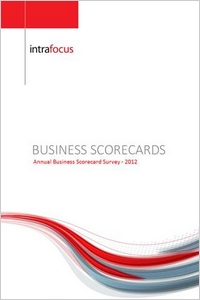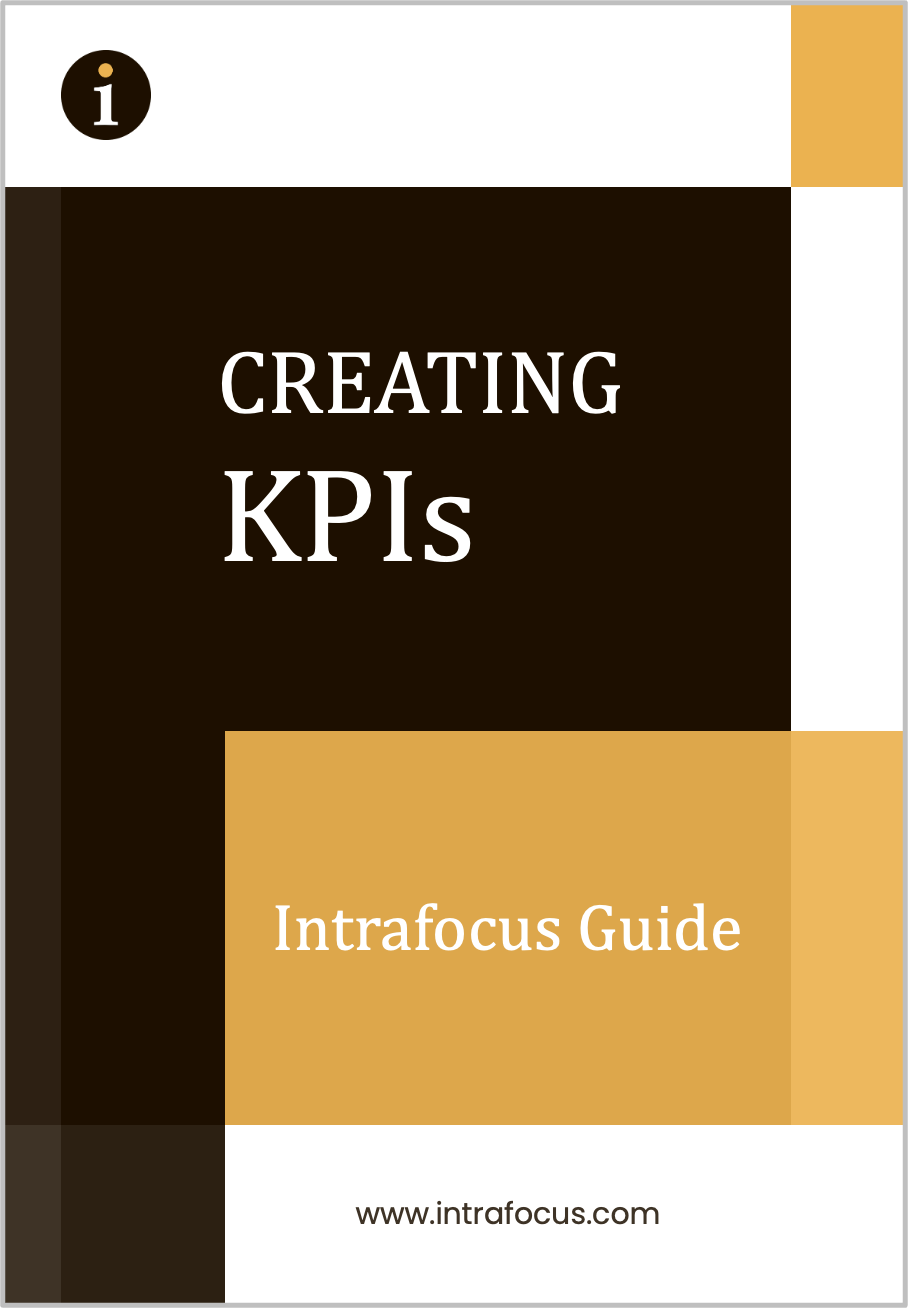Survey Results Available – The final report of the Intrafocus 2012 Annual Business Scorecard survey is now available. The survey was conducted between October and November last year. Survey participants were determined through a pre-selection process to ensure a high quality response. The objective was to survey senior executives, those people directly involved in formulating company or organisational strategy. The survey results can be downloaded from the Intrafocus web site
“We were very encouraged by the results of this survey” said Intrafocus. “Using a formal business scorecard approach to manage business performance is becoming much more commonplace with the advent of easily accessible Cloud based systems and technology”
Highlights from the survey include:
Industries: Scorecards are in use across all industries. The format of the scorecards varies considerably and seems to grow through specific company/organisational need.
Technology: There is an emerging use of dedicated technology to manage strategy, objectives and KPI scorecards. However, the vast majority of scorecards are still spreadsheet based. There are a small number of companies/organisations that manage their strategy, objectives and scorecards using free form documentation.
Reporting: The majority of scorecards are used to simply report on progress ‘up-the-chain’. In other words they are a mechanism to ensure executive management is informed about the business.
Strategy: There is, however, a large minority who believe that the scorecard process is an instrument for positive strategic change.
Satisfaction: Over a third of the companies surveyed believed that the way in which their companies were measured could be improved; only a very small proportion was highly satisfied.
The results of this survey provide encouragement to both executive management and practitioners alike. Although there is a majority view that things need to be measured just to monitor operations, the introduction of technology in scorecard use for strategic improvement suggests more formal approaches have real long-term strategic value.


